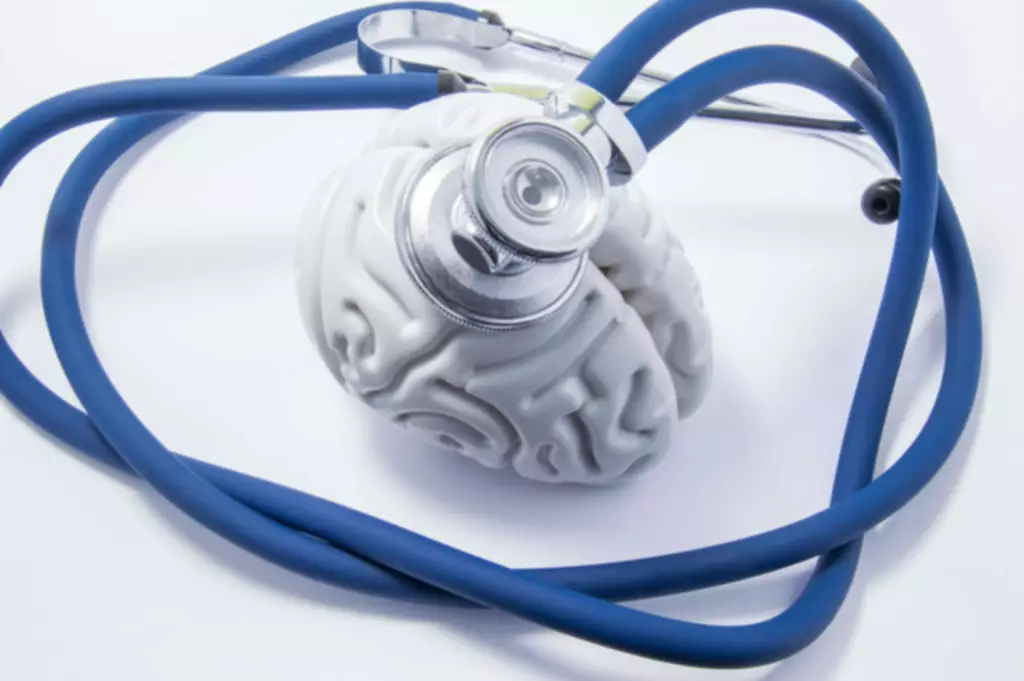Content
This again stems from experiencing rejection, blame, neglect, or abuse, and a core feeling of being unlovable and flawed. Addicts are often unpredictable, sometimes abusive, and always checked-out emotionally (and sometimes physically). You never knew who would be there or what mood theyd be in when you came home from school. Or you might have sensed all the tension just below the surface, like a volcano waiting to erupt.

Depression, anxiety, personality disorders, and other mental health disorders are common in adult children of alcoholics, who are at increased risk for behavioral health issues. This may be tied to the fact that mental health disorders have a genetic component and people who have them may abuse alcohol and drugs to cope with the symptoms. If your mother or father abused alcohol or drugs, they may have had underlying mental health conditions, putting you at higher risk for them.
The Home Environment: What it is Like Living with Alcoholic Parents
Over time, children develop a broken view of the world, coming to expect chaos as a normal part of life. They rarely learn positive coping skills, especially from the alcoholic parent, leaving them with an inability to cope and a tendency to sabotage their own success. It is extremely difficult for a child to grasp the magnitude of addiction and the impact it can have on someone they love.
Protective factors, such as relatively stable patterns of family behavior around meals and holidays, can help offset the negative effects of parental drinking. Furthermore, having a parent with alcohol use disorder puts kids at a higher risk of developing alcoholism in the future. Alcohol addiction can be passed down through generations, so it’s important for teen and adult children to learn about potentially harmful habits and take control of any unhealthy behaviors to break the cycle.
Addiction Therapy Programs
This personality dimension also explained as positive emotionality or affectivity, encompasses traits like sociability, flexibility and gregariousness. This characteristic has not differentiated COAs from non-COAs in research studies. It is understood that sociability may be a positive feature in high functioning and resilient children or it may also be a trait in those with disinhibited behavior [37].

The good news is that many children of alcoholics from even the most troubled families do not develop drinking problems. Just as a family history of alcoholism does not guarantee that you will become an alcoholic, neither does growing up in a very troubled household with alcoholic parents. Just because alcoholism tends to run in families does not mean that a child of an alcoholic parent will automatically become an alcoholic, too. Research shows that children of alcoholics have higher rates of anxiety, depression, and poor self-esteem. They may have emotionally neglected you and even belittled you and your interests.
Substance Abuse Treatment Programs
The children that have grown up watching this behavior as their form of “normal” can often end up themselves being victims of substance abuse. Being able to speak up, say how you feel, and show emotion helps you have good relationships in the future. Sometimes people need therapy to build good habits they were not able to learn living with an alcoholic or addicted parent. Alcohol addiction is a complex disease that affects the person abusing alcohol as well as their entire family.
Set boundaries
If you are a caregiver or teacher of a child of an alcoholic parent, it is essential to set boundaries. Ensure that the child feels safe and secure, and that their needs are being met. Encourage healthy behavior and provide them with the tools they need to succeed. Alcoholism is undoubtedly a struggle for those that suffer from the chronic disease but it is also an equally challenging life battle for children who have grown up in homes with parents who were alcoholics. Many times, these children suffer behind the scenes and the ramifications of that life becomes apparent in adulthood. Alternatively, some adult children of alcoholics may become so obsessed with being a “perfect adult” that they take themselves much too seriously.
Children of Alcoholic Parents: Navigating Challenges
Today, alcoholism is clearly seen as a ‘Family disease’ ravaging not just the individual who drinks excessively but also the entire family. The primary victim is the individual who drinks excessively, but the family members are also affected with just the same intensity, if not more. Excessive drinking by a member in the family affects every member of the family economically, socially and physically and often emotionally and spiritually. Living with an alcoholic keeps your fight, flight, or freeze response in overdrive.
- A recent meta-analysis states that the average effect of genetic contributions to individual differences in personality is about 40% [12].
- Alcoholics often project their own impulse control issues and maladaptive skills onto their children.
- Remind children that addiction is a disease that needs treatment, just like any other disease.
- Help them find resources that can provide them with the help and support they need.
- The parent-child relationship can be healthy and helpful in homes without substance use.
- Generally, patients with PDs and comorbid SUDs show certain differences as compared to those without co-occurring SUD.
To a child, recovery may feel just as difficult as when a parent is actively drinking. Denying feelings of fear, sadness and anger may have been a survival mechanism for you as a child. However, those unresolved feelings can often manifest during adulthood, causing rage, anger https://ecosoberhouse.com/article/relapse-prevention-plan-how-it-can-help-you-stay-on-track/ and other emotional issues. Many COAs also show the extreme guilt, hopelessness and apathy that are common signs of major depressive disorder. As these children grow into adults, these problems can cause social withdrawal, impulsivity and a chronic sense of insecurity.
Alcohol is a toxic and psychoactive substance with propensity for producing psychological and physical dependence. In today’s society, use of alcohol is considered to be a routine part of how alcoholic parents affect their children social environment by many. Although excessive use of alcohol accounts for damage to physical, mental and psychological health, it can be easily overlooked by addicts and their families.
Unless they recognize this and seek therapy, they may be looking at a potentially long life of co-dependency, dysfunction, and unhappiness. Carrying out this transition smoothly, Momenan says, helps the nervous system remain in a stable equilibrium state needed for survival. This type of research could provide the basis for better diagnoses for psychiatric disorders than simply interviewing patients to determine the risk, severity or prognosis for alcohol use disorder. A whole line of research has found that having an alcoholic in the family can affect one’s mental processes. But these studies have not fully explored what is called executive function—planning, restraint and other behaviors that are impaired with FHA.
#2 ACoA Trauma Syndrome
From an early age, children of parents struggling with AUD are shown that they cannot rely on their caregivers; thus, they have difficulty building trust and positive relationships with others. As a result of all of this, many kids harbor resentment toward their addicted parent well into adulthood. Many alcoholic parents have erratic mood swings and become violent with their children while intoxicated. Whether the parents are physically or mentally abusive, kids will grow up wondering why the person who is supposed to love and nurture them is actually the person they fear the most. Sometimes, the child can even develop a form of PTSD called C-PTSD if the abuse happens repeatedly. On comparison of aggressive behaviors between children of alcoholics and children of non-alcoholics, the later showed lower levels of aggressive behaviors at the age of 18–48 months.
Memo to the Surgeon General: Right Diagnosis, Wrong Treatment – Institute for Family Studies
Memo to the Surgeon General: Right Diagnosis, Wrong Treatment.
Posted: Tue, 30 May 2023 11:04:51 GMT [source]
These may have been practical (like paying the bills) or emotional (like comforting your siblings when Mom and Dad fought). Now you continue to take responsibility for other people’s feelings or for problems that you didn’t cause. Your needs must be met consistently in order for you to feel safe and develop secure attachments. Alcoholic families are in “survival mode.” Usually, everyone is tiptoeing around the alcoholic, trying to keep the peace and avoid a blow-up. After growing up in an atmosphere where denial, lying, and keeping secrets may have been the norm, adult children can develop serious trust problems.
Online Therapy
Whether you are a parent who is concerned that your drinking may be affecting your child, or you are the adult child of an alcoholic, there are good options to help you break free of negative patterns for good. Simply having the occasional drink in moderation doesn’t necessarily mean someone is an alcoholic. If someone drinks to excess often, or loses control when drinking, they might be struggling with alcohol abuse or even full-blown alcoholism. Forgiving your addicted loved one is sometimes challenging, but often necessary to truly release any burdening thoughts that you’ve been holding in. Part of healing from past trauma is having autonomy to decide what type of present relationship you want to have with an affected parent.

